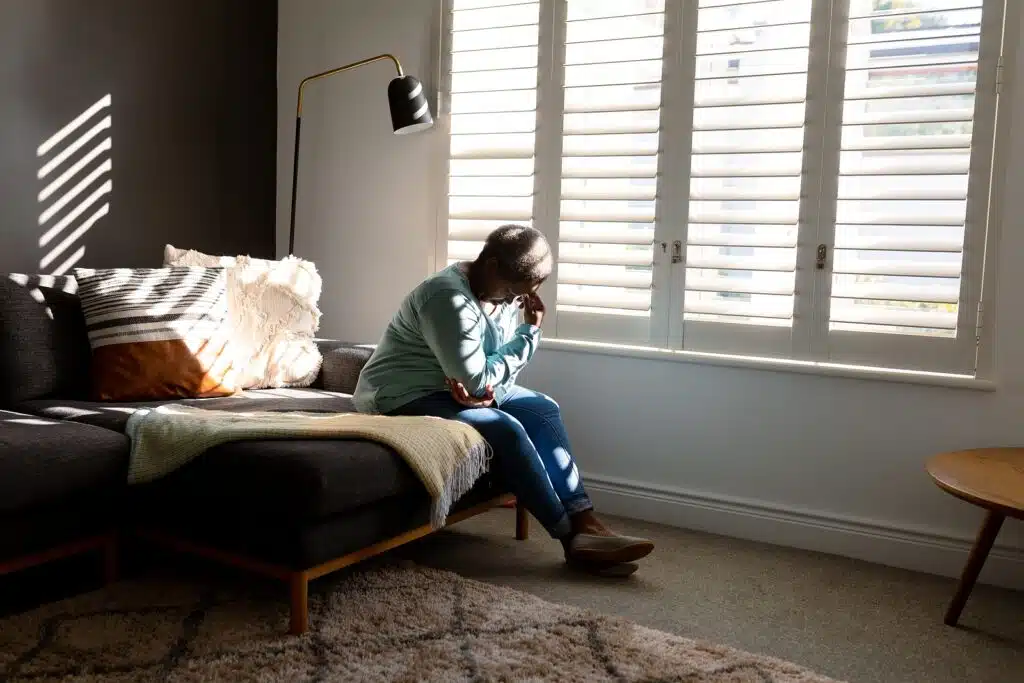May is National Mental Health Month and it’s a good time for families to focus on their parent’s mental health and well-being. Mental health is just as important as physical healthy for seniors, but seniors are much less likely to look after their mental health.
When seniors get a cut or have a medical health issue they will go to a doctor to get care. But when seniors lose a spouse, retire and struggle to find a sense of purpose, or develop anxiety about their future they are less likely to get mental health help because they feel like that’s just not something that people do. A huge number of seniors feel like mental health should be handled without outside help.
Several mental health conditions can affect seniors. Here are some of the most common ones:
- Depression: Depression is a prevalent mental health condition among seniors. It can be triggered by factors such as health problems, loss of loved ones, social isolation, and life transitions. Symptoms of depression in seniors may include persistent sadness, loss of interest in activities, changes in appetite or sleep patterns, and feelings of hopelessness.
- Anxiety Disorders: Anxiety disorders, including generalized anxiety disorder (GAD), panic disorder, and phobias, can affect seniors. Anxiety can be caused by various factors, including chronic health conditions, cognitive decline, and life stressors. Symptoms may include excessive worry, restlessness, difficulty concentrating, and physical symptoms like heart palpitations or shortness of breath.
- Dementia: Dementia is not a specific mental health condition but a group of disorders characterized by cognitive decline, memory loss, and impaired daily functioning. Alzheimer’s disease is the most common form of dementia. It can significantly impact a senior’s mental well-being, causing confusion, disorientation, mood changes, and behavioral challenges.
- Bipolar Disorder: While bipolar disorder typically develops earlier in life, some individuals may experience their first episode of mania or depression in their later years. Bipolar disorder is characterized by extreme mood swings, ranging from manic episodes (elevated mood, increased energy, impulsivity) to depressive episodes (low mood, fatigue, feelings of worthlessness).
- Substance Abuse: Substance abuse, including alcohol and prescription medication misuse, can affect seniors. This can occur due to self-medication attempts for managing physical or emotional pain, loneliness, or as a result of prescribed medications. Substance abuse can have severe consequences on both physical and mental health.
- Grief and Bereavement: Loss of loved ones is a common experience for seniors, and the grieving process can have a significant impact on mental health. The loss of a spouse, friends, or family members can lead to feelings of sadness, loneliness, and even depression.




